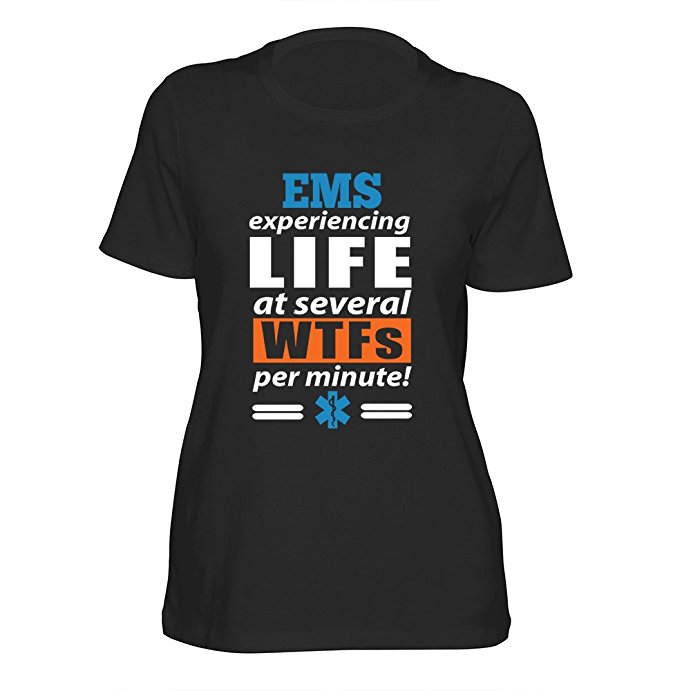I would say this is a matter of which style or register is to be used. As in, should it be formal and grammatically acceptable (fewer) or informal and perhaps somewhat neglectful of the English grammar (less) ?
Of course, strictly speaking, the GRAMMATICALLY CORRECT option is 'fewer', as explained in the other comments. However, since 'WTF' is a word/phrase used always colloquially and never in formal contexts, then we could probably take some liberties with grammar, as is very often done in conversational English.
Because, to me, 'one WTF fewer' sounds a bit inconsistent. We're sort of mixing formal with informal. 'One WTF less', though, is more likely to be heard from a native speaker, seeing as, here, 'WTF' and 'less' are both informal and seem to fit in better with one another.
But, once again, if we take into account the rules of grammar, then 'WTF' is to be treated as a count noun. But I just feel like there should be some kind of stylistic consistency in a sentence like this.

